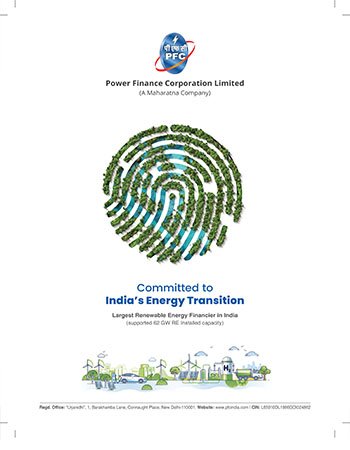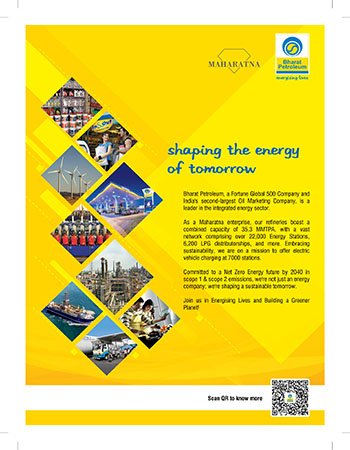- 11th National CSR Summit & Awards 2024
- 10th National CSR Summit & Awards 2023
- 9th CSR Summit & Awards, 2022
- 8th National CSR Summit & CSR TIMES Awards, 2021 (Virtual)
- 7th National CSR Summit & Awards 2020 (Virtual)
- 6th National CSR Summit & CSR TIMES Awrads, 2019
- National Swachhta Summit & Swachh Bharat Awards, 2019
- 5th National CSR Summit & Awards, 2018
- 4th National Summit & CSR TIMES Awards, 2017
- 3rd National CSR Summit & Awards, 2016
- 2nd National Summit & CSR Awards, 2015
- 1st CSR Summit & Pt. MM Malviya Awards, 2014

Shri Nitin Jairam Gadkari,
Hon’ble Union Minister of Road Transport &
Highways, Government of India

Dr. Pramod Sawant
Chief Minister of Goa

Ms. Rekha Sharma
Chairperson of the National Commission for Women in India

H.E Ms Jacqueline Mukaangira
High Commissioner Of Rwanda

Dr. Rashmi Singh
IAS, Secretary Department of Women and Child Development (WCD)

H.E. Mr. Mariano Agustin Caucino
Ambassador of Argentina to India

Sh. G Kishan Reddy
Minister of Tourism, Culture and Development of North Eastern Region of India

Sh. Hardeep S. Puri
Minister of Petroleum & Natural Gas and Min. of Housing & Urban Affairs

Sh. Suresh Prabhu
Minister of State for Food Processing Industries and Jal Shakti of India

Dr. Sudhanshu Trivedi
Govt. of India

Sh. Sadanand Shet Tanawade
Member of Parliament, Rajya Sabha

Sh. Anurag Thakur
Minister of Sports, Youth Affairs and Min. of Information & Broadcasting

Ms. Pratima Bhoumik
Minister of State in the Ministry of Social Justice and Empowerment

Dr. László Makk
Deputy Head Of Mission, Embassy Of Hungary

Sh. Ahswini Chaubey
Minister of State for Consumer Affairs, Food & Public Distribu

MS. Shallu Jindal
Chairperson of JSP Foundation and Jindal Art Institute

Dr. Bhaskar Chatterjee
Ex DG, Indian Institute of Corporate Affairs

Shri SPS Baghel
Minister of State, Ministry of Health and Family Welfare
A company will come under the ambit of the new CSR policy if its net worth is Rs 500 crore or more; turnover is Rs 1,000 crore or more, or net profit is Rs 5 crore or more during any financial year. Under any of these conditions, a company should spend at least 2% of the average net profit made during three immediate preceding financial years, in pursuance of the provisions of the Companies Act laid down towards Corporate Social Responsibility.
How and where to start your company's CSR work?
More CSR Videos






























































